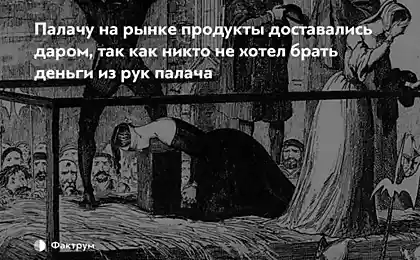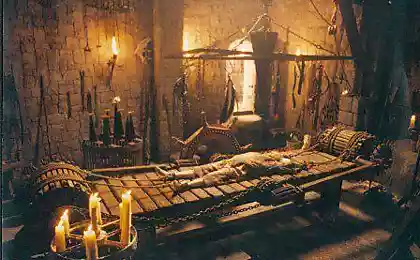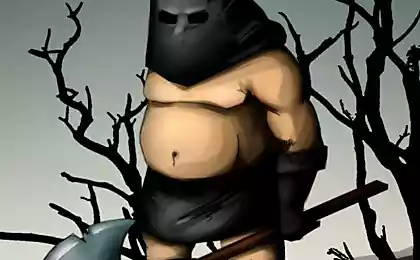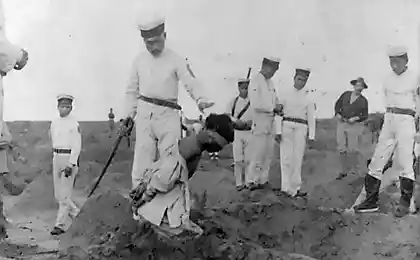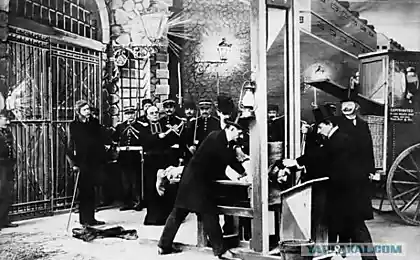991
Executioner
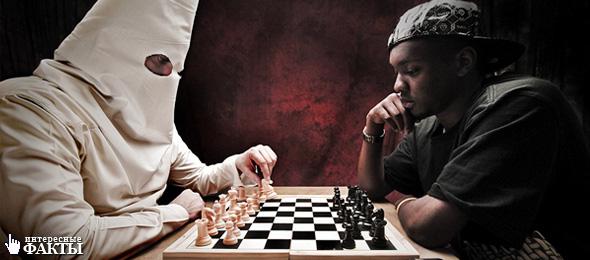
Traditional headgear executioner is a fiction. In fact, the executioners did not hide their faces. An exception can be called a penalty of some medieval kings.
The executioner had the right to hold a wedding.
The executioner had income from executed. At first, he was allowed to take only what was under the belt, then they were entitled to all the clothes convicted.
The executioner had the right to take food in the markets in vain. This right was granted in order that he could receive food, which could not buy as many refused to take the money out of the hands of the executioner.
Executioner in the Middle Ages could do exorcism (procedure exorcism, instilled in humans). The fact that one of the most reliable ways to banish evil spirits, possessors body considered torture. To hurt the body, as if people were tortured demon, forcing him to leave the body.
In the church, the executioner had to stand behind anyone at the door, and by the latter to approach the sacrament.
In France, there were also women executioners. The order of Saint Louis from 1264 said, "that those who cursed or acted unlawfully, according to the judges' decision will be flogged with rods person's sex, as follows: a man - a man and a woman - a woman without the presence of men».
If the executioner to retire, he was obliged to propose a candidate for city office.
According to their position in society executioner was close to the lowest strata of society such as prostitutes and actors. Even accidental contact with the executioner was unpleasant people.
The executioner often provided services to citizens. He sold the corpses and drugs made from them, as well as various details pertaining to the execution. Things like "Hand of Glory" (Brush, severed the offender) and a piece of rope, which was hanged criminal, often referred to in various books on magic and alchemy.
